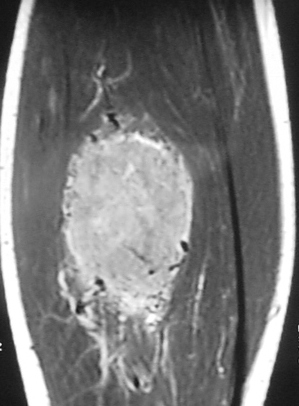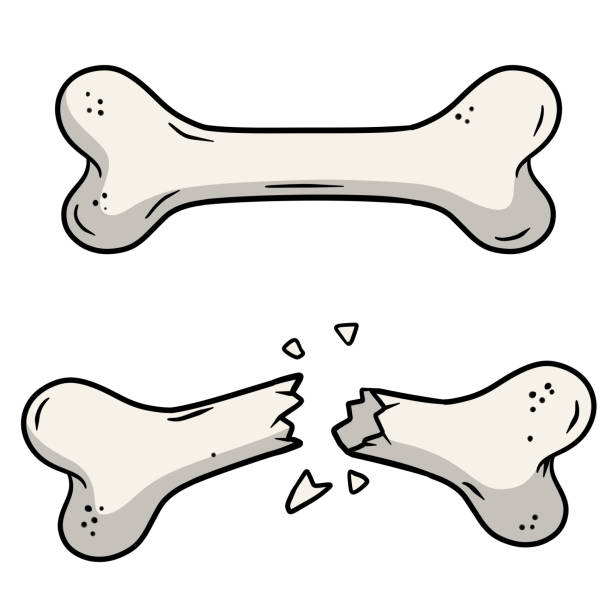Alveolar Soft Part Sarcoma
Alveolar Soft Part Sarcoma is a rare, slow growing, cancerous tumor that most commonly occurs in the deep soft-tissues of the thigh. It is treated with surgical excision, or removal, and systemic treatments.

Alveolar Soft Part Sarcoma is a rare, slow growing, cancerous tumor that most commonly occurs in the deep soft-tissues of the thigh. It is treated with surgical excision, or removal, and systemic treatments.





Alveolar Soft Part Sarcoma is a rare, malignant (cancerous) soft-tissue tumor that can affect fats, muscles, nerves, tendons, blood vessels, and lymph vessels. It most commonly affects adolescents and young adults. Early treatment is necessary because it can spread, or metastasize, to other parts of the body including the lungs, liver, brain, or bone. Treatment commonly consists of systemic and local treatment, such as surgical excision of the tumor.





Alveolar Soft Part Sarcoma is a rare, cancerous soft-tissue sarcoma. Soft-tissue sarcomas, such as this condition, grow in the soft-tissues of the extremities and compromise or destroy the affected soft-tissue and muscles. These tumors can compress or stretch important vessels and nerves, and occasionally wrap around these structures making it difficult to remove the mass without an amputation. They also have the potential to invade adjacent bones. Without treatment, this condition can metastasize or spread throughout the body, with the lungs, liver, and bones being the most common sites.
Radiographic imaging is used to help form a diagnosis. These include MRI, CT and Bone Scans.
An example of an MRI is shown.
The treatment for Alveolar Soft Part Sarcoma includes limb-sparing surgery to remove the mass with a wide or radical resection. Systemic treatments, such as chemotherapy and radiation, may also be used to treat this condition, especially if the cancer has metastasized, or spread to other parts of the body.

I've seen many doctors and I can confidently attest Dr. Wittig is the preeminent orthopaedic specialist. He is genuinely kind and caring, as he demonstrated by completely addressing my concerns and compassionately relating to what I was dealing with. He clearly outlined the plan of attack, and recommended the two additional doctors who would become part of my 'team'. Dr. Wittig was so effective in allaying our fears and bringing us optimism. My surgery was significant, but I was up and walking the next day and back at the gym 5 weeks later. This is further testament to Dr. Wittig's skill. He saved my leg and my life, and I feel so very blessed to say he is my doctor. I have already recommended him to others, and I will continue to do so. I would trust him with my closest family and lifelong friends. BEST DOCTOR EVER.
S.G.

Myself and my amazing team are dedicated to saving your life and your limb. Losing a limb because of a tumor can be a terrifying experience. But, it does not have to be the only option. I’ve spent 20+ years as a Board-Certified Orthopedic Surgeon and Orthopedic Oncologist.
I’ve devoted my career to helping children and adults afflicted with bone and soft tissue masses by performing complex limb saving surgeries. Most patients can have their limb saved, which may require innovative techniques.
Patients afflicted with musculoskeletal tumors have complex conditions that are best taken care of at large hospitals. I am the Chairman of Orthopedics and Chief of Orthopedic Oncology at Morristown Medical Center. My philosophy is a multidisciplinary team approach, working together to tailor treatment to individual patients. Education and research are essential to my practice, providing the best setting for extraordinary patient care. Because of this, we have some of the top results in the country.